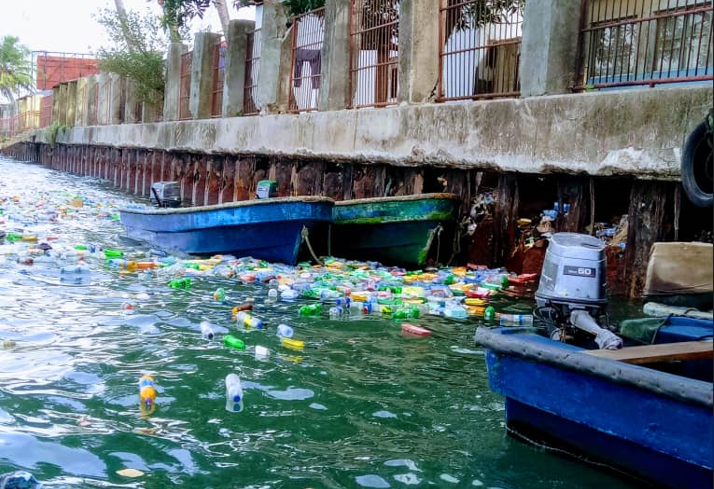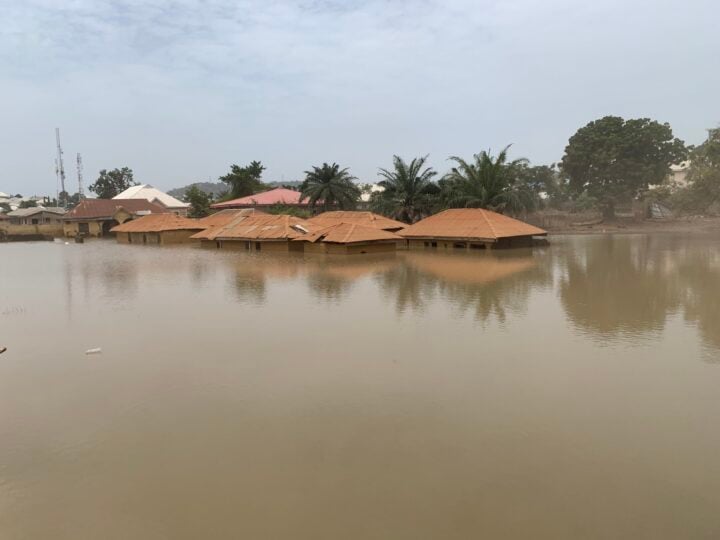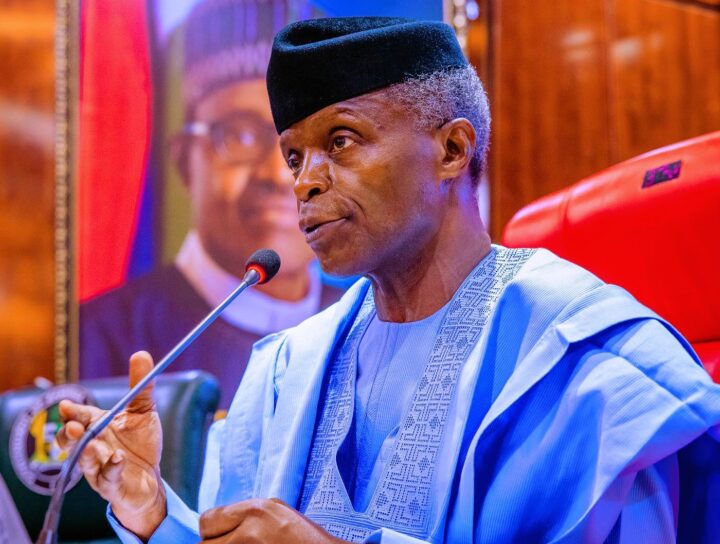Despite directly impacting our communities, health, and livelihood, climate-related reports usually take a back seat to dominant news beats like politics and business. Climate Watch aims to ensure you never miss important stories on climate change and actions being taken toward limiting its impact.
Here is a round-up of last week’s climate stories:
- Following the release of the final installment of the sixth assessment report, the Intergovernmental Panel on Climate Change (IPCC), last week, said the report would help policymakers reduce emissions and adapt to climate change. Hoesung Lee, IPCC chair, advised that taking more intentional climate actions would minimise losses and damages, as well as deliver climate justice to the most vulnerable. Also, Antonio Guterres, UN secretary-general, who warned of the ticking climate time bomb, urged developed countries to commit to reaching net zero emissions by 2040. Read more here.
- Similarly, to assist Nigeria in achieving its 2060 net zero targets, the Society for Planet Prosperity (SPP) in collaboration with GCA Capital Partners and Climate Advisers Network, Berlin, came up with 11 measures. These strategies which include renewable energy generation and tree planting will support the government’s policies and actions aimed at tackling the challenges of climate change. Find out more here.
- Prior to the 2023 UN water conference, the United Nations Children’s Fund (UNICEF) called for urgent actions to address water-related crises in Nigeria, warning that 78 million children were at the highest risk of water-related threats. Jane Bevan, UNICEF chief of water, sanitation, and hygiene (WASH), urged the federal government to rapidly scale up investment in climate-resilient water and sanitation services. She said such an investment would help to protect children’s health, as well as tackle flood issues. Read more here.
- Nigeria has become the 48th party to the convention on the protection and use of transboundary watercourses and international lakes. Suleiman Adamu, minister of water resources, officially announced the country’s position at the 2023 UN water conference held in New York, last week. Adamu said the move was aimed at ensuring quality and sustainable use of surface and ground waters. He added that transboundary basins severely affected by water scarcity and climate change were a result of internal water mismanagement, noting that efforts were needed to strengthen cooperation on shared water issues.
- Meanwhile, at the water conference which closed on March 24, countries adopted the water action agenda, a “milestone” action plan containing almost 700 commitments to protect “humanity’s most precious global common good”. According to the United Nations, the water action agenda sets out a series of action-oriented game-changing commitments, from making smarter food choices to re-evaluating water as a powerful economic driver, and part of the earth’s cultural heritage.
Advertisement






